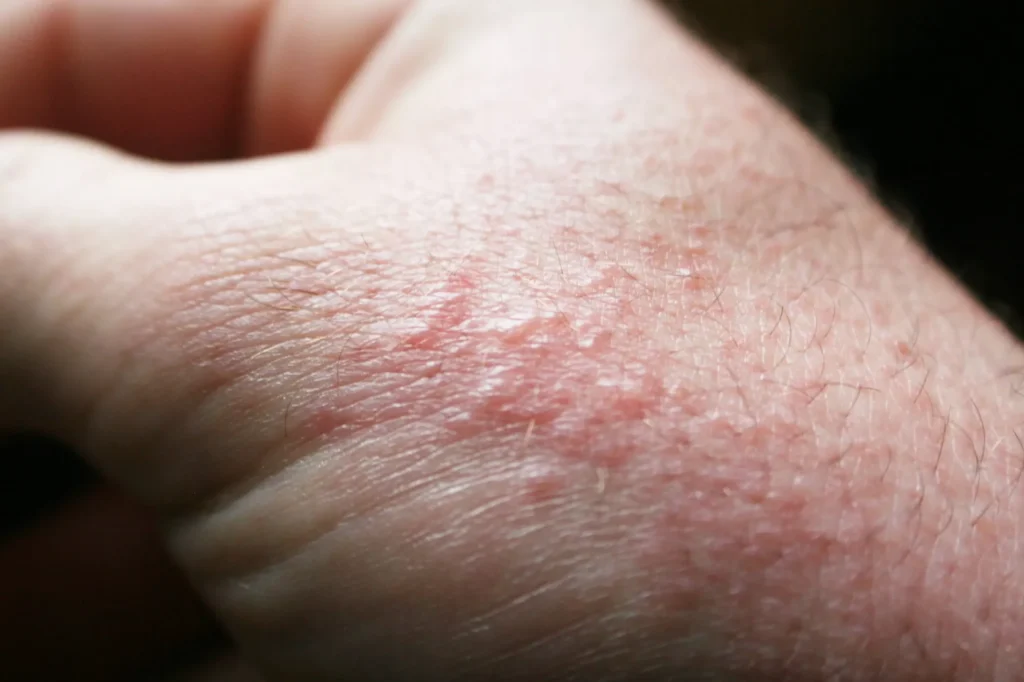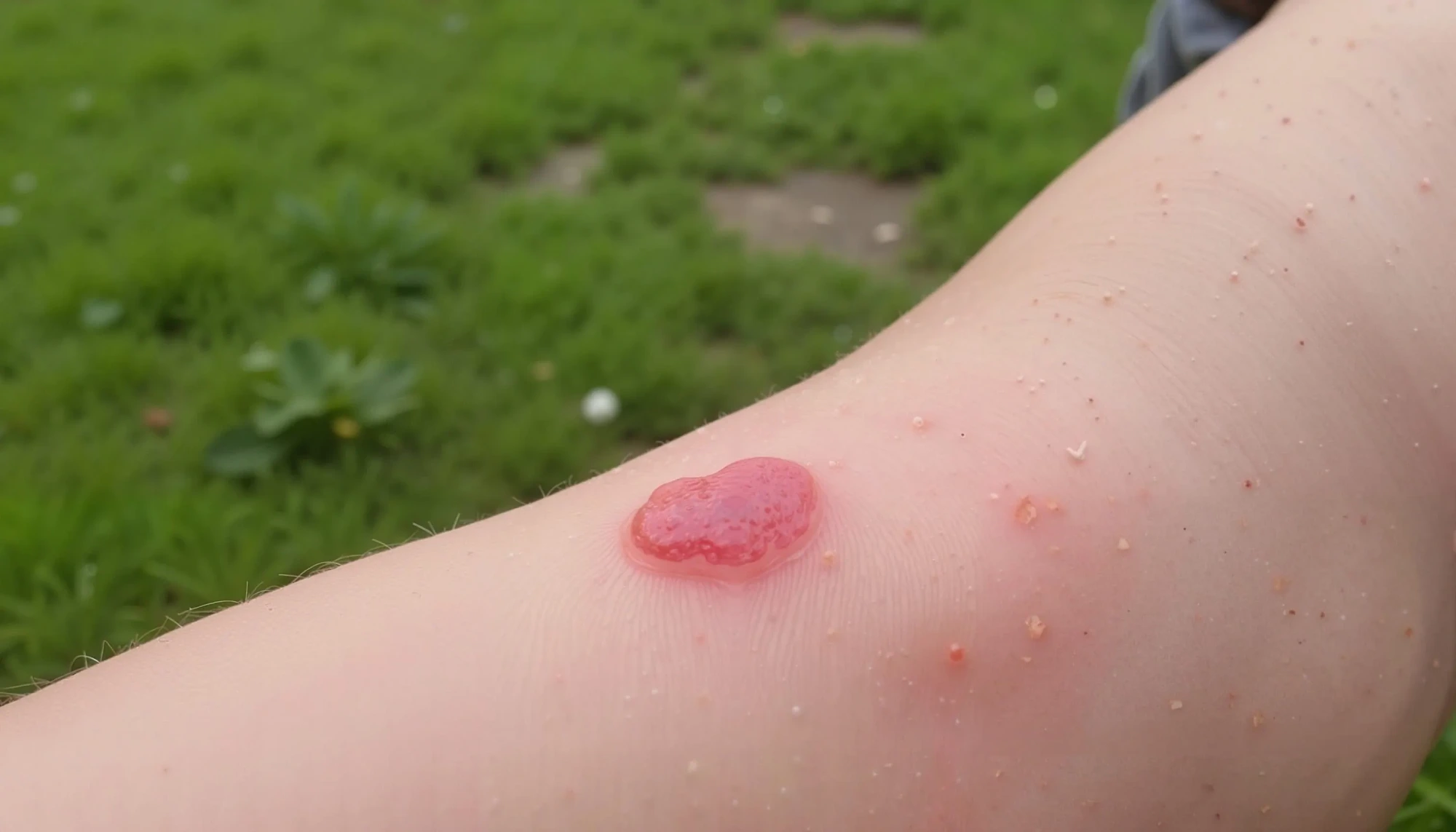Expert Solutions for Plant-Related Skin Conditions
When poison ivy, oak, or sumac impacts your skin, getting proper medical treatment is essential for recovery. At Dermestetics Arlington, we offer dedicated care designed to reduce symptoms and promote skin healing. Our team understands the urgency of these reactions and provides focused treatment to help Arlington residents find relief and prevent further complications.

Expert Treatment Team
Our Arlington specialists combine medical expertise with proven treatment methods for plant contact dermatitis. We focus on delivering results-oriented care that addresses current symptoms while preparing you for future outdoor activities. Our patient-focused approach ensures comprehensive treatment for your specific situation.


What makes our plant reaction services unique?
Learn More
Consultation Required?
Yes
Duration of Results
Relief within 1-3 weeks
Sessions Needed
Most often 1-2 (additional visits for severe cases)
Downtime
None to minimal
What It Treats
Plant-Related Reactions:
Poison Ivy reactions
Poison Oak conditions
Poison Sumac exposures
Multi-plant contacts
Major allergic responses
Extensive rashes
Facial/neck involvement
Treatment complications
Understanding Plant Contact Dermatitis
- Types of Plant Reactions
Poison Ivy:
- Prevalent in Arlington parks
- Vine or ground growth
- Triple leaf structure
- Fast-developing symptoms
- Line-pattern rashes
Poison Oak:
- Found in local areas
- Bushy plant form
- Distinct leaf shapes
- Significant reactions
- Local variations
Poison Sumac:
- Less common locally
- Wet area growth
- Tall plant structure
- Strong reactions
- Multiple leaflets
- Common Symptoms
Reaction signs include:
- Deep itching
- Surface redness
- Blister emergence
- Tissue inflammation
- Skin warmth
- Rash development
- Color changes
- Risk Factors
Exposure situations:
- Urban trail use
- Local park visits
- Community gardens
- Yard maintenance
- Pet interactions
- Seasonal changes
- Exposure history
- Complications
Potential concerns:
- Skin infections
- Lasting effects
- Broad reactions
- Ongoing issues
- Sleep disturbance
- Activity impact
- Comfort effects

How it Works
How it Works
Our Treatment Process
Assessment covers:
- Contact history
- Reaction evaluation
- Severity check
- Area measurement
- Complication review
- Treatment history
- Risk factors
Treatment Approaches Include:
Treatment Approaches Include:
- First Response: Surface care
- Medical therapy
- Heat/cold treatment
- Itch management
- Relief methods
- Medical Care: Prescription treatments
- Bandaging needs
- Full treatment
- Prevention plans
- Extended Support: Healing aids
- Protection methods
- Information guides
- Lifestyle advice
When to seek treatment?
Visit us if you:
- Suspect plant exposure
- Have reaction indicators
- Experience itching
- Notice spreading
- Have critical areas affected
- Show strong reactions
- Develop complications
Prevention Strategies
Outdoor Protection:
- Protective clothing
- Barrier products
- Plant knowledge
- Space management
- Pet considerations
- Outing preparation
- Safety kit
Exposure Care:
- Skin cleaning
- Clothes handling
- Item sanitization
- Early care
- Progress checks
- Spread prevention
- Record maintenance
Get Started
Need plant reaction treatment?


Why Choose Dermestetics Arlington for Plant Reaction Care?
- Fast treatment access
- Multiple solutions
- Total care approach
- Prevention training
- Urgent treatment
- Ongoing support
- Proven outcomes
Additional Resources
For Urban Explorers:
- City park guides
- Safety techniques
- Activity planning
- Emergency steps
For City Residents:
- Urban plant awareness
- Garden safety
- Protection methods
- Maintenance guidance














